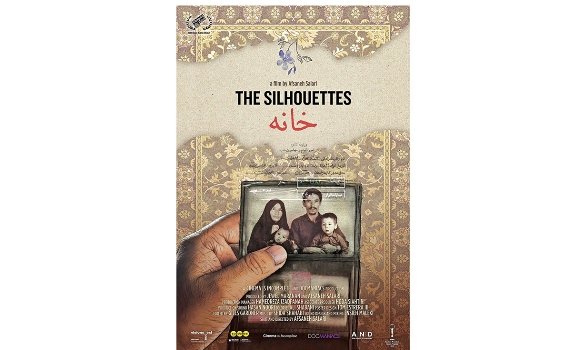Virtual KIMFF brings out the best in storytelling

By Shaurya Kshatri
Kathmandu, Dec. 16: The 18th edition of Kathmandu International Mountain Film Festival concluded on December 14, with an overall unique experience for organisers, filmmakers, and viewers alike, featuring fewer films and a wholly digital approach. Virtual video panels and online screenings replaced the usual physical viewing experience.
Nonetheless, the festival allowed smaller films to shine and the buzz to build.
As per Ramyata Limbu, Festival Director, this year, the KIMFF committee curated an engaging line of 18 films for International Competition and 12 for Nepali Panorama, which spotlights the local talents.
Compared to last year’s festival, which showcased more than 70 films, there obviously were fewer films in light of the global pandemic. Having seen the event grow in stature in recent years, the organisers were delighted that they did not have to cancel the festival entirely on account of the COVID-19 pandemic.
“Initially, we thought we couldn’t go ahead with KIMFF this year,” said Chair Basanta Thapa. When the festival invited film entries, Thapa expected the number of submissions to plunge considerably. But against all odds, they received 235 film entries from 58 countries before the entry deadline on September 1. Although less than the previous year, when the festival garnered over 400 films, filmmakers’ sheer dedication to make and send their films even during this taxing time propelled the organisers to move forward.
With the theme of ‘Against Despair. Towards Hope’, all the 30 short-listed films tell relevant stories, bringing pertinent issues to the fore -- from wildlife conservation and migration to the refugee crisis and harmful stereotypes.
The five-day event came to a close during a ceremony that announced and honoured some of the finest films showcased this year.
Given the ongoing COVID-19 pandemic, the awards presentation was broadcast online via zoom on December 14.
Taking home the top prize in the International category was Afsaneh Salari’s ‘The Silhouette’, which tells the story of the refugees who fled the Afghan war and entered Iran. The film, co-produced by Iran and the Philippines, follows Tagi in her journey as she returns to her home in Afghanistan to trace her identity and origin.
Tina Madison-directed film ‘The Beloved Daughter’ revolving around the prevalence of child marriage in Nepal’s Terai region won the second prize. Baato, an American production recounting a transitional story of a Nepali family in the Himalayan Region, came in third. All of these top three films, bagged Rs. 200,000, Rs. 150,000 and Rs. 100,000 respectively.
Likewise, in Nepali Panorama, ‘The Snow Leopard Calling’ by Sonam Choekyi Lama won the title for Best Documentary amassing a total of Rs. 75,000. The nine-minute short film, follows snow leopard conservationist Tshiring Lhamu Lama as she addresses the retaliatory killings of the elusive Himalayan cat at the hands of herders in Tso, Dolpo.
The film is particularly breathtaking visually and emotionally, especially when protagonist Tshering lets out a cry of utter exuberance at the sight of the snow leopard prowling across the wintry wilderness.
Moreover, Ankit Poudel’s Song of Clouds, a poetic reflection on the afterlife highly reminiscent of the style of Russian filmmaker Andrei Tarkovsky, bagged the ‘Best Fiction’ honour with a cash prize of Rs. 100,000.
The Poudel-directed film also premiered at the Sundance Film Festival in January this year and has done well in the festival circuit, having screened at Atlanta Film Festival, Palm Springs International Short Festival, while also winning the Grand Prix at 25th Split Film Festival.
All the 30 films are accessible on KIMFF’s official website for free, but they are available only until December 19.
Recent News

Do not make expressions casting dout on election: EC
14 Apr, 2022
CM Bhatta says may New Year 2079 BS inspire positive thinking
14 Apr, 2022
Three new cases, 44 recoveries in 24 hours
14 Apr, 2022
689 climbers of 84 teams so far acquire permits for climbing various peaks this spring season
14 Apr, 2022
How the rising cost of living crisis is impacting Nepal
14 Apr, 2022
US military confirms an interstellar meteor collided with Earth
14 Apr, 2022
Valneva Covid vaccine approved for use in UK
14 Apr, 2022
Chair Prachanda highlights need of unity among Maoist, Communist forces
14 Apr, 2022
Ranbir Kapoor and Alia Bhatt: Bollywood toasts star couple on wedding
14 Apr, 2022
President Bhandari confers decorations (Photo Feature)
14 Apr, 2022










